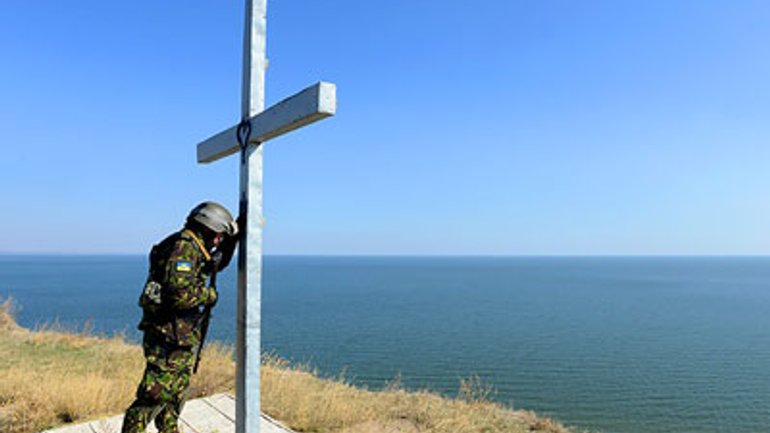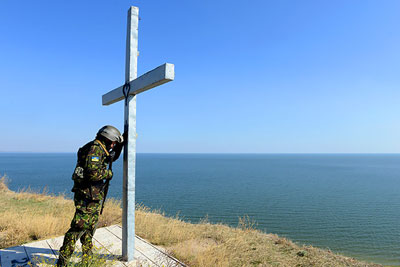Implications of martial law in Ukraine for freedom of religion explained by Freedom of Religion Institute

The constitutional right to freedom of thought and religion, as provided for in Article 35 of the Constitution of Ukraine, cannot be limited due to the martial law imposed. This is stated in the Ukrainian President’s Decree No. 393 of the Military Status in Ukraine", which was approved by the Parliament on the same day by adopting Law No. 9338, the Institute of Religious Freedom reports.

“Everyone has the right to freedom of thought and religion. This right includes the freedom to profess or not to profess any religion, to freely conduct individually or collectively religious ceremonies and rites, to conduct religious activities,” which is guaranteed by Article 35 the Constitution of Ukraine.
The Institute of Religious Freedom draws attention to the fact that the exercise of the right to freedom of religion is often associated with other constitutional rights and freedoms. In particular, the aforementioned Decree of the President of Ukraine for the period of martial law allows, if necessary, to temporarily restrict the constitutional right of citizens to peaceful gatherings, which includes outdoor religious events or processions. In addition, religious figures and believers may be subject to restrictions on the right to freedom of movement, which may relate to missionary or other activities in the territory where the state of war has been introduced.
The martial law was imposed for a period of 30 days - from 14:00 November 26 to 14:00 December 26, 2018. However, according to the decision of the Ukrainian Parliament, the martial law will not extend to the whole territory of Ukraine, but will be introduced only in the regions of Vinnytsia, Luhansk, Mykolaiv, Odesa, Sumy, Kharkiv, Chernihiv, Donetsk, Zaporizhzhia, Kherson and inland waters of Ukraine in the Azov-Kerch water area.
It should be noted that the right to freedom of opinion and religion in accordance with Article 64 clause 2 of the Constitution of Ukraine is on the list of those constitutional rights and freedoms that may be subject to certain restrictions in the conditions of martial law or a state of emergency, indicating the validity of these restrictions. However, the Decree of the President of Ukraine on the imposition of martial law does not mention the possibility of limiting religious freedom.
In addition, article 4 of the UN International Covenant on Civil and Political Rights states that the member states must ensure the right to freedom of thought, conscience and religion, even during a state of emergency in a country in which the life of a nation is threatened and which is officially declared.
As reported, the martial law was imposed in connection with the subsequent act of armed aggression on the part of Russia, which took place on November 25, 2018 in the Kerch Strait against the navy ships of the Armed Forces of Ukraine, which had severe consequences, other aggressive actions of Russia in the Azov and Black Seas, the threat of a large-scale invasion of Ukraine by Russia's armed forces against the backdrop of Russian occupation of the Autonomous Republic of Crimea and parts of Donetsk and Luhansk regions of Ukraine.









